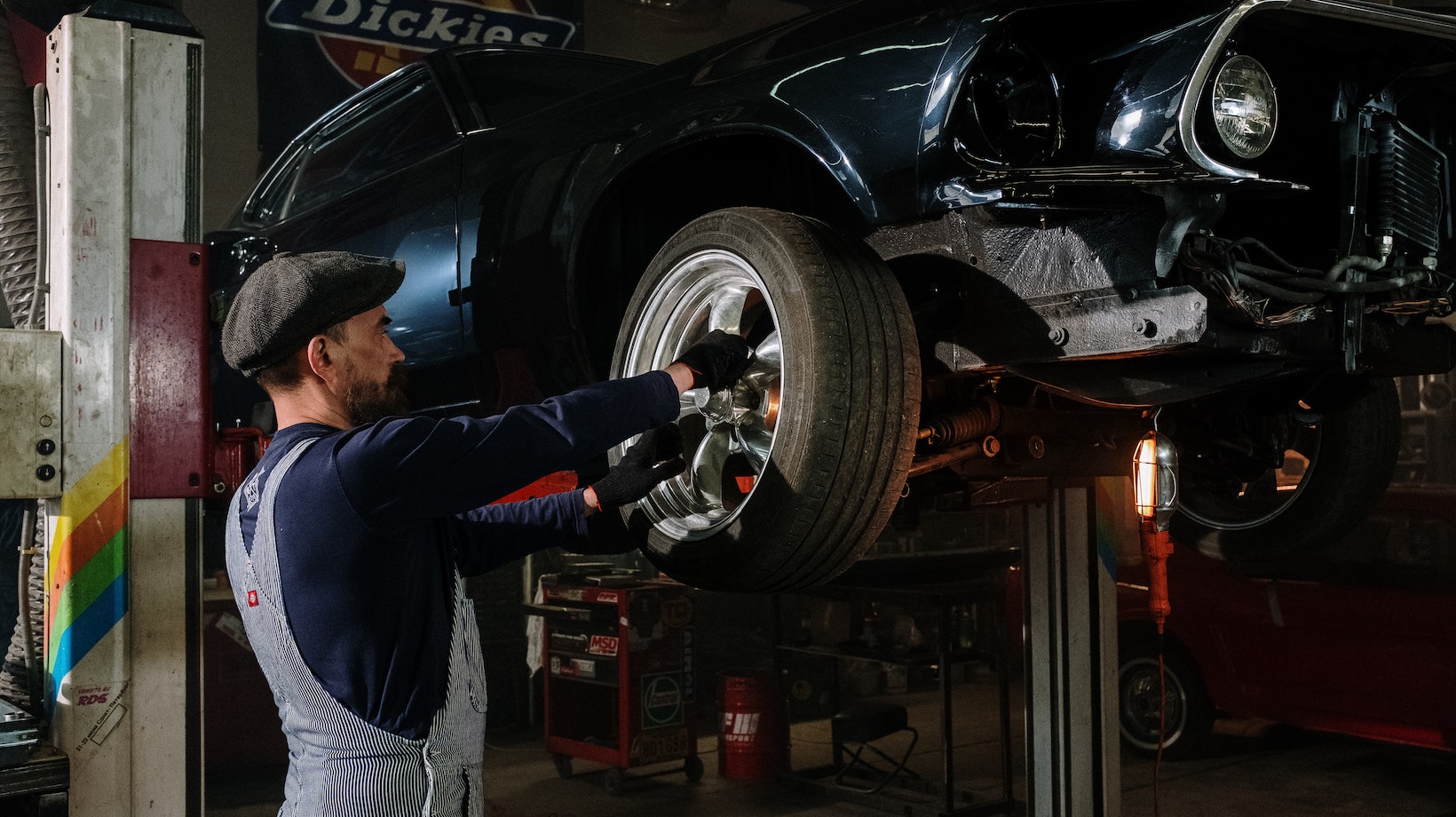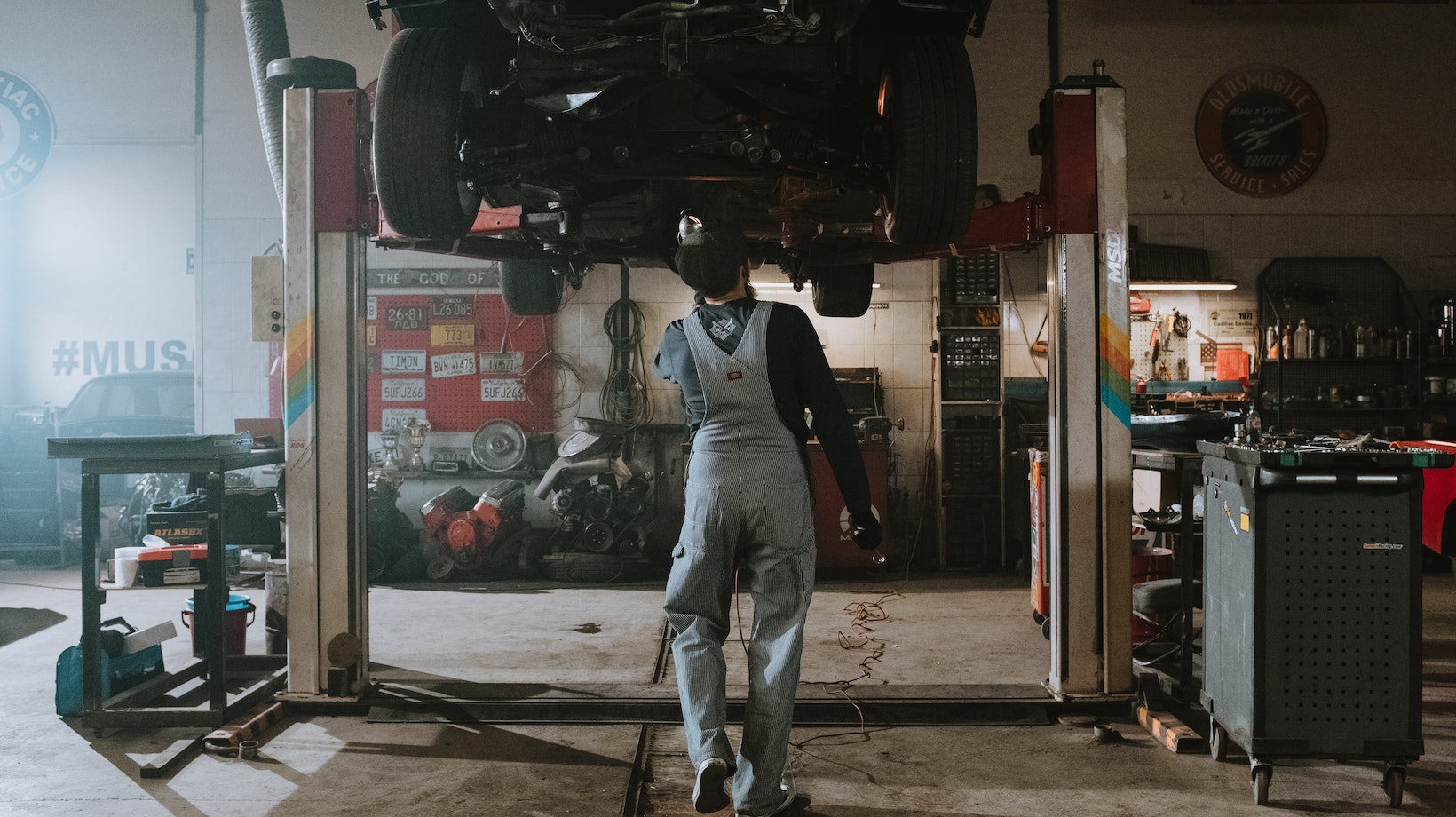When it comes to car repairs, one issue that can arise is a problem with the ball joints. These small but crucial components play a vital role in the suspension system of your vehicle, allowing for smooth and controlled movement. However, over time, ball joints can wear out or become damaged, requiring repair or replacement. But what exactly does it cost to fix ball joints on a car?
On average, you can expect to pay anywhere between $200 and $500 for ball joint repair or replacement per axle. This estimate includes both parts and labor costs. Keep in mind that this is just an approximate range, and prices may fluctuate based on individual circumstances.
Ball Joint Car Repair Cost
When it comes to the cost of repairing ball joints in cars, there are several factors that can influence the overall expense. Understanding these factors is essential for car owners to make informed decisions and budget accordingly. Here are some key elements that can affect the ball joint car repair cost:
- Vehicle Make and Model: The type of vehicle you own plays a significant role in determining the repair cost. Different car models have varying complexities in their suspension systems, which can impact the time and effort required for ball joint repairs.
- Quality of Replacement Parts: The quality of replacement parts used during the repair process can have an impact on the overall cost. High-quality OEM (Original Equipment Manufacturer) parts tend to be more expensive compared to aftermarket alternatives but often offer better durability and performance.
- Labor Costs: Labor charges vary depending on where you go for repairs and the expertise of the mechanics involved. Dealerships or specialized auto repair shops may charge higher labor rates compared to independent garages, reflecting their experience and facilities.
- Additional Repairs Needed: Sometimes, a damaged ball joint might not be the only issue with your car’s suspension system. If other components such as control arms or tie rods also require attention, this could increase the overall repair costs.
- Geographic Location: Repair costs can differ based on your geographical location due to varying labor rates and regional market differences in parts pricing.
It’s important to note that these factors are not exhaustive, but they provide a good starting point for understanding what influences ball joint car repair costs. To get an accurate estimate for your specific situation, it’s best to consult with a qualified mechanic who can assess your vehicle’s condition and provide an accurate quote.

Common Ball Joint Problems
When it comes to ball joint problems, there are several telltale signs that indicate your vehicle’s ball joints may be worn out. Here are a few symptoms to watch out for:
- Unusual Tire Wear: One of the most common indicators of worn ball joints is uneven tire wear. If you notice excessive wear on the inner or outer edges of your tires, it could be a sign that your ball joints are not providing proper alignment.
- Clunking or Knocking Noises: Another red flag is the presence of clunking or knocking noises coming from the front suspension when driving over bumps or uneven surfaces. These noises typically occur due to loose or damaged ball joints.
- Steering Instability: Worn ball joints can affect your vehicle’s steering stability, causing it to wander or drift while driving straight. This can compromise your control and make your car feel less responsive on the road.
- Vibration in Steering Wheel: If you experience vibrations in the steering wheel while driving, especially at higher speeds, it could be an indication that your ball joints are deteriorating and need attention.
Causes of Ball Joint Failure
Understanding what causes ball joint failure can help you prevent further damage and potentially save on costly repairs down the line. Some common causes include:
- Lack of Lubrication: Ball joints require regular lubrication to function properly and reduce friction between moving parts. Without proper lubrication, the joints can wear out prematurely and fail.
- Excessive Wear and Tear: Over time, normal wear and tear can take a toll on your vehicle’s ball joints. Factors such as rough road conditions, heavy loads, aggressive driving habits, and neglected maintenance can accelerate this process.
- Contamination: Dirt, debris, water intrusion, and other contaminants can infiltrate the ball joint assembly, causing corrosion and accelerated wear. Regular cleaning and inspection can help prevent these issues.
- Manufacturer Defects: In some cases, ball joint failure may be due to manufacturing defects or faulty components. This is less common but still worth considering if you experience premature ball joint failure.







































